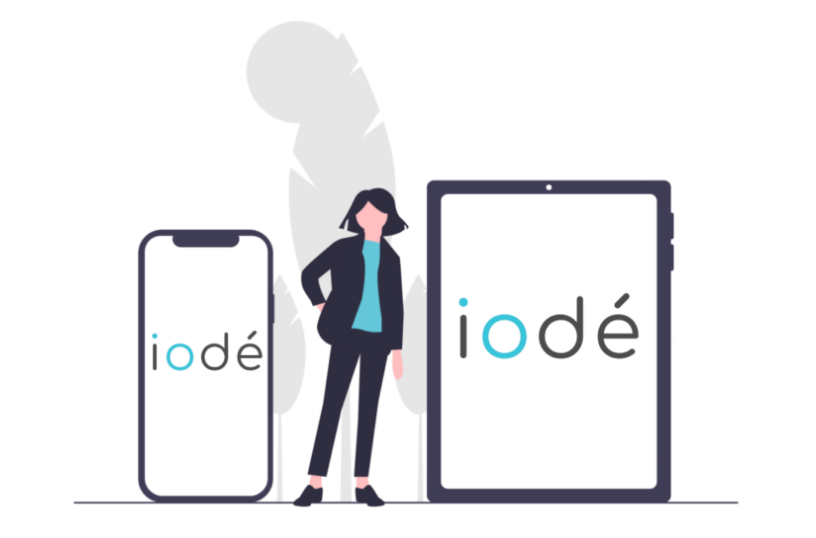I switched to iodeOS in August 2025 with my Pixel 6 after CalyxOS hit the pause button on further releases and updates. I liked Calyx and would have stuck with it, but since they won’t be providing any updates for at least the next several months, and their system after that is likely going to be based on LineageOS (like iode), I figured I’d go ahead and try something else. I’ve been using it for about a month now and here’s my impression:
The Pros:
- The iode app is one of it’s strongest selling points. This is a customized firewall that keeps your apps from connecting to Google or other services. It also logs the network usage of every app and shows it to you in an easy-to-understand way. I don’t put very many apps on my phone, but I’ve been surprised at how apps are attempting to Google or other non-private servers.
- It comes with Aurora and F-Droid stores, so most Android apps are available.
- It works with a large number of devices, unlike Calyx.
- Installer worked very well running on Linux Mint.
- Updates once a month.
- Excellent battery life (I charge my lightly-used phone about once a week).
- Includes Android Auto that can be optionally installed at set up. I don’t have a car system that can connect to Android Auto, so I haven’t been able to test that feature. I’ve heard it takes some further tweaking to get it to work.
Only Two Cons:
- No WiFi calling with Pixel devices. I’ve heard that may be a LineageOS problem and not unique to iode. So no calling or texting if you’re in airplane mode with WiFi on if you use a Pixel and perhaps some other devices.
- No work app profile. I appreciated being ensured those apps were not quietly running in the background. BUT with the iode firewall, I’m able to track network activity. In some ways, this may actually be better.
Further Considerations:
No phone is entirely private. Despite what people claim on YouTube and other places, de-Googled operating systems are not entirely foolproof with privacy. Some people (such as Rob Braxman – whom I like overall) oversell the privacy capabilities of iode and other de-Googled systems. Here are some of the shortcomings for pretty much any de-Googled smartphone.
- The Android kernel itself may not be entirely clean. Google develops it and (from what I’ve heard from people who have reviewed the kernel), there are some weaknesses in it that Google or another actor could exploit.
- Cell phone towers collect geolocation data. It doesn’t matter whether you’re using a dumbphone or smartphone, corporations and governments are tracking your location and communications.
- There are several massive data monitoring centers in the US, the most famous being the Utah Data Center. All cellular communications in the US must go through these centers. Even with some encrypted connections, meta-data can be collected and analyzed.
- The firmware for most cellular modems (what makes your phone connect to the outside world) is proprietary and there are likely security and/or privacy holes/backdoors unintentionally or purposefully in place. These things are outside the control of your OS, so whether you run iode or something else, it’s possible for your communications data to be compromised.
- Other firmware is also proprietary and dependent on the manufacturer to keep updated – this includes the camera and other components. Security and privacy backdoors may exist that are beyond the control of your OS.
- Lastly, no OS can protect against stupidity or all phishing. Don’t click on links – even from friends – if you weren’t expecting a message or email. Be slow to trust messages, phone calls, and emails that come your way.
Summary:
Overall, I like iodeOS and I think it’s a solid choice. It makes the de-Googled Android world a much better place. I plan to keep it on my phone, perhaps even after Calyx comes back. I miss WiFi calling, but I’ll just have to do without it.
All that said, de-Googled phones do not guarantee privacy. They certainly decrease the amount of data that is being collected on us, but they do far from eliminating it. So, you still need to use discretion even when using a de-Googled phone.
(Featured image comes from the iodeOS website).
